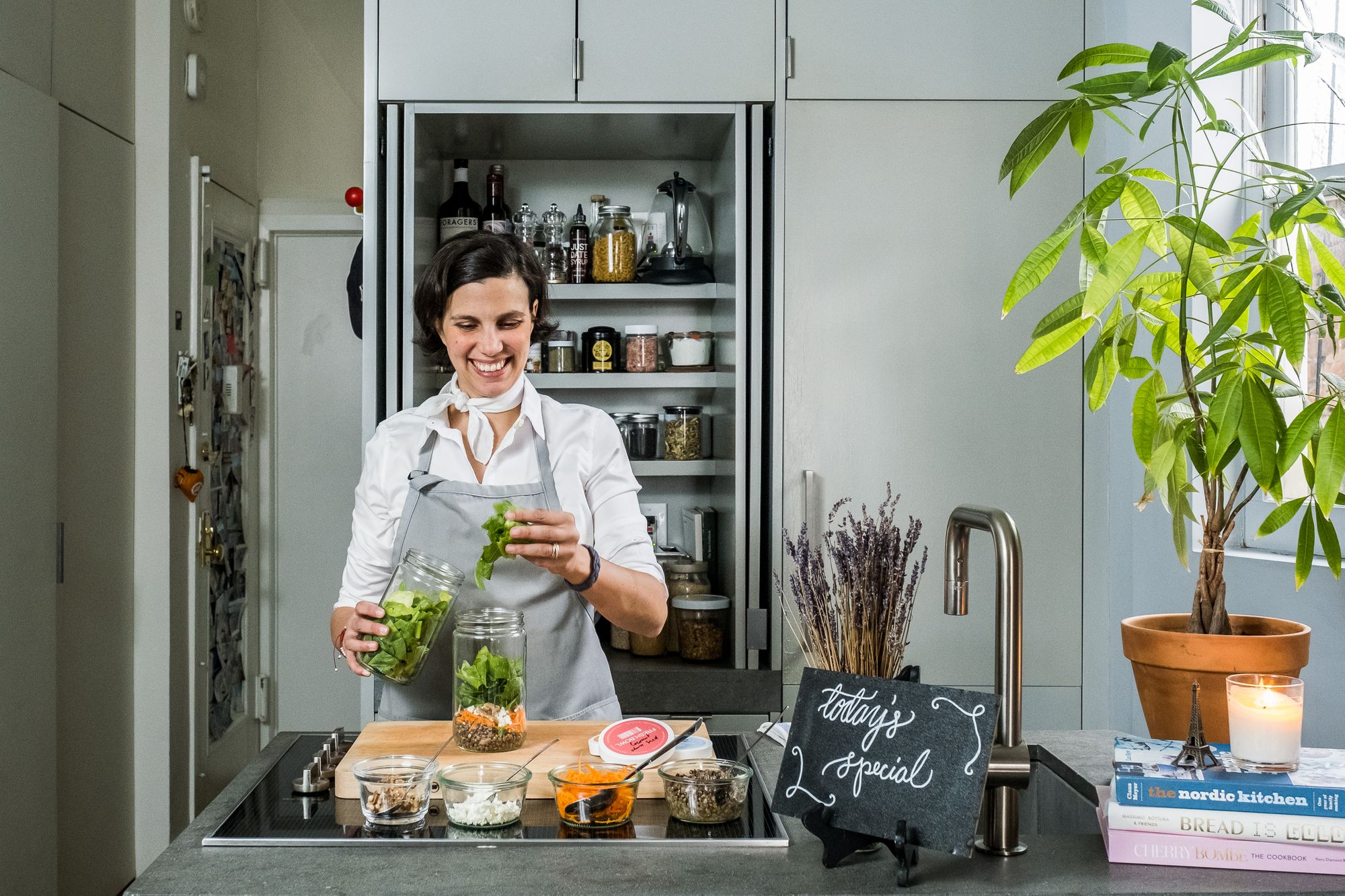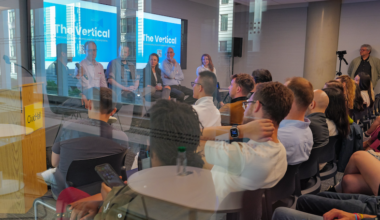Sebastiano Capitta believes that he arrived in New York at the exact right time to launch a business: “I knew nothing about construction or management and made a lot of mistakes. I could never have survived if I didn’t do it in the ‘90s.”
Sebastiano Capitta’s rise to the heights of the restaurant industry started in his mother’s kitchen in Malta, where his family emigrated from Sicily. “My sister and I have always competed for the title of best cook.” Cappitta wanted to travel so he found a job on a Caribbean cruise ship but ended up getting married and settling in Miami, where he quickly grew bored.
“I used to read New York Magazine, and New York seemed like such an exciting place so I just decided to move there,” Cappitta said. An Italian friend offered him a job at Baci, a restaurant on the Upper West Side, just a few blocks away from the Natural History Museum.
The location attracted artists and celebrities. The writer Judy Blum even mentioned the restaurant in one of her books, Fudge-a-Mania. “I made a lot of connections and in just one year felt like a New Yorker,” Cappitta said.
The article that changed it all
At the beginning of the ‘90’s, Cappitta was finally ready to start his own business. One of Baci’s regulars became his investor. Cappitta’s first restaurant was Isola, located on Columbus Avenue, followed by Acqua, Bettola, Bettolona, Buca, Coccola, and Arco Cafe, all serving Italian food. “New Yorkers love Italian cuisine because it’s homey,” Cappitta said.
His first breakthrough brought him a lot of stress and anxiety: a new venue’s first months are always difficult. But one review in The New York Times changed it all.
“When the article came out, my wife at the time came in with the newspaper, crying of happiness because she knew it was going to change our lives.” Right after this article, Cappitta’s first restaurant went from barely any customers to operating at full capacity.
Becoming a part of the family
“I always want people to be comfortable in my restaurants and feel like a part of the family,” Cappitta said. “Customers, even celebrities, would invite me back to their places, and sometimes we would stay up all night talking.”
The September 11 attacks came as a shock to the city. “I remember one of my customers passing by the restaurant shaking and crying, because her husband was in one of the towers.” The next day, people just didn’t want to stay home. “Everybody was paying cash because credit cards were not working and I would leave my restaurants with my pockets full of money,” Cappitta said.
During the Northeast blackout of 2003, Manhattan was completely shut down. But the power outage quickly turned into a street party. “Hundreds of people were dancing by the restaurant, waiting for us to make pizza.”
Sebastiano Capitta Surviving the pandemic
Nothing could prepare the restaurant business for the coronavirus pandemic. Although Capitta sold most of his businesses before the health crisis, he still owns Bettolona, a casual Italian eatery which is now donating food to hospitals in Morningside Heights.
“The future of the restaurant industry is uncertain at this time and, there likely will be a lot of adjustments in the next couple of years,” Cappitta said. “The solutions should be creative and will probably have something to do with separating people rather than keeping them close. This is against the human desire for contact but, if restaurants want to survive, we have to adjust.”








